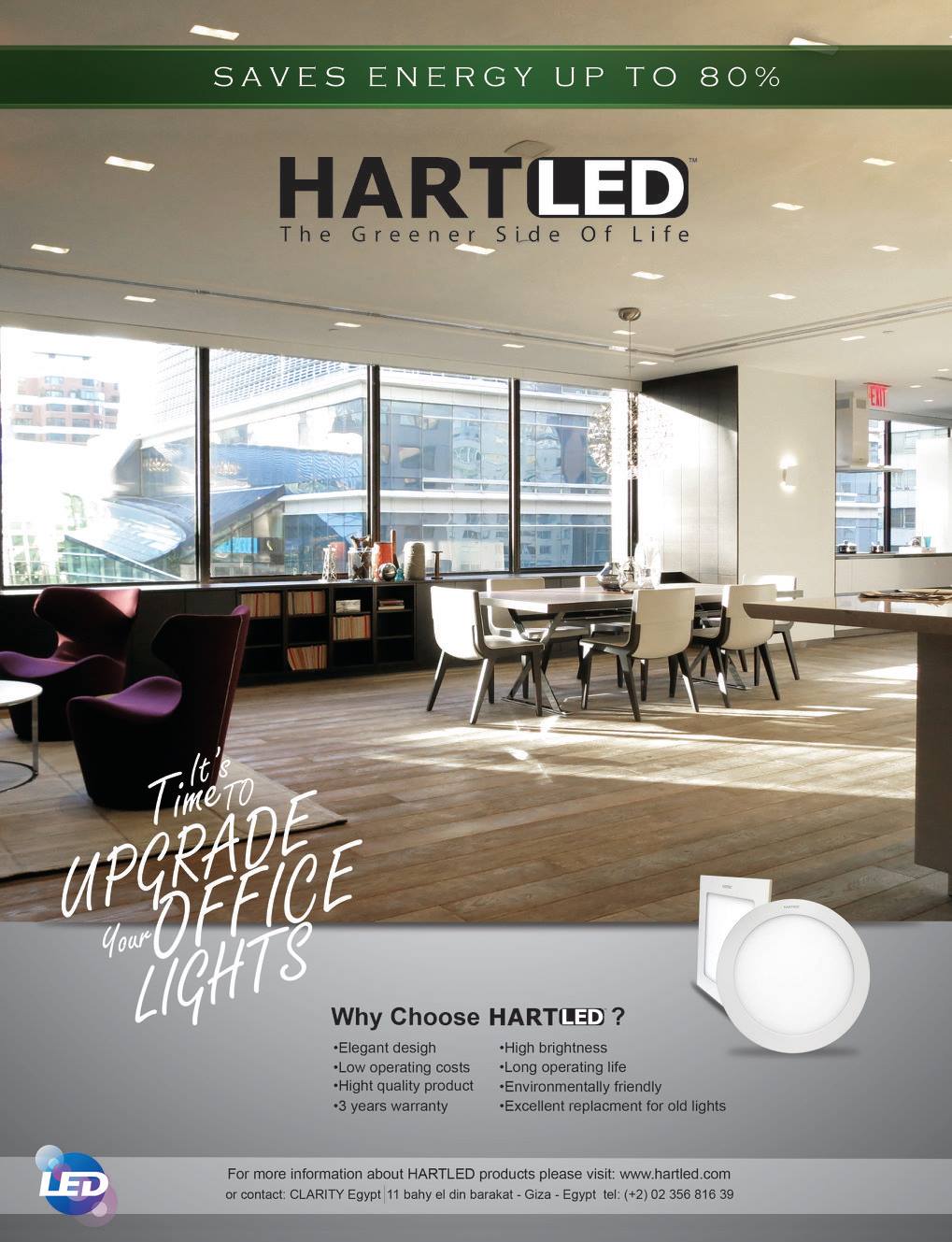It sure is nice to have your name in the spotlight but never forget that some success stories are based on true, otherworldly magic taking place behind the screen. If you hear, “lights, camera, action!”, and it makes you giddy and your heart races with excitement, a place in the movie industry might be a ticket to a promising career. Director, actor and scriptwriter Ashraf Hamdi has worked in the indie film industry for many years and is an evident triple-threat to look out for.

With several achievements under his belt, he has left an unparalleled imprint in the world of storytelling. Having become a notable name among many genres in the entertainment industry, he is breaking boundaries and delivering quality productions on both massive and independent budgets. During a thrilling confab, we sat with Hamdi to discuss his work, his approach to directing, his views on movie streaming and his future aspirations.
You had a long journey before you reached filmmaking in your career. Have you studied for it?
Art is and has been my passion for as long as I can recall, but once I finished studying dentistry, I began figuring out ways to fulfill my dream, so this transition was no coincidence. During my teenage years, I was into all art-forms, be it dancing, lip-syncing, rapping, choreographing or acting. When I got older, I tried to turn my dreams into reality when I formed a hip-hop band with DJ Feedo in the early nineties. While still in university, I joined an Italian entertainment company for animation in Hurghada that organized musicals in resorts and choreographed the numbers myself. I was actually the only Arab to ever enroll, which was a big deal, especially, whenever I was met with great feedback. I did it for fun during my summer breaks. Since I love musicals, I always wished to incorporate the aspects of this genre in some of my current work today.
After graduation, I took the gamble of putting behind me everything I learned in order to chase this ambition of mine. Although I understood how daunting it was, and particularly because I wanted to be a global artist, I never stopped. Then I learned the art of acting and performing in London, did a lot of rehearsals and auditions, and what contributed the most was that I adopted the “Matt Damon philosophy.” Essentially, it is the idea of becoming an actor through writing, so I learned and practiced screenwriting there too, which gradually enabled me in landing various remarkable roles.
Can you begin by explaining how you first got involved in the film industry?
I was guided to Youssef Shahin by one of my mother’s relatives. I had the pleasure of being able to sit down and converse with him at such an early age; he believed that I was going to have a successful career ahead. But it all came down to when I did my first foreign experimental feature film ‘Wingrave’. Only then was I reviewed and written about it in a magazine, and shortly after, I was given an opportunity to join a live show on OTV after I auditioned for it. Naturally, I didn’t believe it was just what I needed, but I was persuaded that such an outlet and platform would be different in terms of not sticking to the norm, and that was exactly what it turned out to be. I was offered a contract and hosted ‘Sabahak Sokar Zyada’ in the morning talk show, which was a resounding success; everybody in the Middle East liked it and thought it was a one-of-a-kind entertainment show. It exposed me to the TV community, and then MBC’s ‘The People’s Quiz’ show happened, which I presented alongside A-listers, including George Kardahy, Mona Zaki and Sara el Dandarawy as fellow judges. This experience has, without a doubt, helped in shaping and strengthening my capabilities as an actor, in regards to conversing, memorizing and performing altogether.
As an actor, how do you usually prepare for any new role?
The technique of acting is vital to someone who wishes to be a professional performer. It’s remarkably simple to mimic a persona or even an impulse but where’s the complexity in that? The approach, though, will help you discover a character who tells you how to interpret the script. How are you keeping the conversation alive? How do you realize what decisions you have to make? A skilled actor aims to be a completely developed three-dimensional person with a storied past. I would trust that the character I embody is authentic and not a pompous parody, a thin exterior image of one who hardly resembles an individual. I have to trust that what I mean is true and that I’m not quoting, pounding or reciting. That’s why I do an intensive study before I jump unto any new project.
It seems that your biggest breakthrough was your performance in ‘Clash’. What do you recall from working on that film with Mohamed Diab?
The infamous TV series ‘Tareeqi’ and ‘Clash’ brought me a parallel breakthrough around almost the same time of year. While I portrayed distinct characters in both, they were massive hits and definitely established me as a serious actor on the scene. Mohamed Diab has a huge part in allowing me to express myself profoundly in ‘Clash’; he is such a great screenwriter with immense talent, from even before he established himself as a director. I was glad he called and offered me the part of an unusual character – a leader of the Muslim Brotherhood party. It was far different from what people probably expected of me, and I am thrilled it expanded my horizons as an actor. Personally, it made me indulge in more political views and understand the way of thinking some extremists had. I had an incredible experience sharing the spotlight with him, along with the prolific crew of the film, Mohamed Hefzy, and prominent stars like Nelly Karim, Hany Adel, Ahmed Malek and Mai El Gheity at the Cannes Film Festival. This was a major highlight for me. After that, I took part in the ‘Flowers of Kirkuk’, an Italian feature film, which was chosen for the official competition at the Rome Film Festival and then extensively released in Europe.
You had the chance to work with Mohamed Hefzy more than once. Has it influenced your perspectives as an actor or a writer?
To a great extent. Mohamed Hefzy was the reason I got to really know this industry. When I first met him, I was just going for a camera show with Hossam El Hossainy, and he was the screenwriter, not the producer back then. Our first official work together was ‘From A to B’ and then ‘Clash’ – two projects that contributed massively to my profile as an actor. Later on, I worked with him regularly, and we were writing together after he encouraged me to take up writing to express myself correctly. I had several good ideas for movies but couldn’t translate them on paper, so I took writing workshops with Hefzy till I became the supervisor of his writing company. I had a strategy to write great-quality scripts that would later allow me to develop as an actor.
Let’s talk about your successful, diary-like series of ‘A Voice Note’ videos. Can you share with us what led you to make something so relatable and personal?
Before I was completely convinced of the project in my head, I must have scribbled notes on scraps of paper after I had already shared images, with quotes, on social media. Soon afterward, I turned my vision into clips that really spoke of the way I viewed life. It was a mere coincidence how it all started; I wanted to create something different from the usual videos you usually see streaming, and I had footage of beautiful unused shots of Carmen Bsaibas from a trip to Lebanon. I slowly put together music, edits and a script. The concept came to fruition following the tremendous success of ‘I’m Stronger’, featuring Tara Emad’s voice note about healing from a breakup and dealing with an ex-partner after separation. As a man, I like to talk about a woman’s perspective in these matters and how she might feel, since I hold such great respect for womanhood and its delicate nature. That’s why most, if not all, of my notes’ protagonists are female. It’s a platform to share innocence, beauty and strength altogether. I also cherish the spontaneity in creating “a voice note”, since I don’t follow the typical sequence within the standard filmmaking process.
Given that these videos are now trending on social media, do you think the era of online streaming for short movies has had a negative or positive impact on the filmmaking industry?
As someone who first started posting videos on Facebook, I can tell you it helped in their exposure to other platforms including DVD, radio and TV channels. There is absolutely nothing wrong with creating mainstream media content, as long as it’s honest and accessible to the hearts of the spectators. I don’t fancy the concept of commercial mainstreaming for the sake of being a trend because it fades in no time and leaves you with no memorable work – something that would break any creator.
What styles of films are you usually attracted to?
Obviously, besides musicals, sci-fi is one of my top favorite genres, like ‘Arrivals’ and ‘A Space Odyssey’. I also love horror movies, the ones that give you a dark chill through significant aspects of filmmaking, cinematography and musicality.
Tell us about your most recent project ‘Erfa3 Eidak’ for the 2021 World Handball Championship.
It was a dream come true to take part in such a monumental event on behalf of Egypt, alongside Tamer Hosny, Marwan Moussa and Hoda Sherbeeny. It was mission impossible; we had to shoot everything in three days while shooting a commercial for WE simultaneously. So, we didn’t have time to prepare but thanks to all departments, including Synergy, the production company, and the team of assistant directors, art directors and cinematographers, we were able to pull this off in the best way possible. I relied on my improvisation skills and opted to present Tamer Hosny with a fresh, newer lens than what people are used to. I appreciate him as a megastar who is understanding, professional and creative, and I’m definitely looking forward to more collaborations with him in the future. In addition, we had a second unit shooting some inserts with another trustworthy cinematographer and assistant director, so I had to make sure it was all cohesive and parallel to mine. Essentially, the music video was conducted to portray the glorious history of Egypt, and its uncanny scenery and talents.
Rapid-Fire Questions:
Acting or directing? Currently, directing for sure.
A film you wish you had written or directed? ‘La La Land’ and ‘Atonement’.
A film you’d pick on a dull day? ‘Like Crazy’ and ‘Before Sunset’.
Favorite destination? London.



